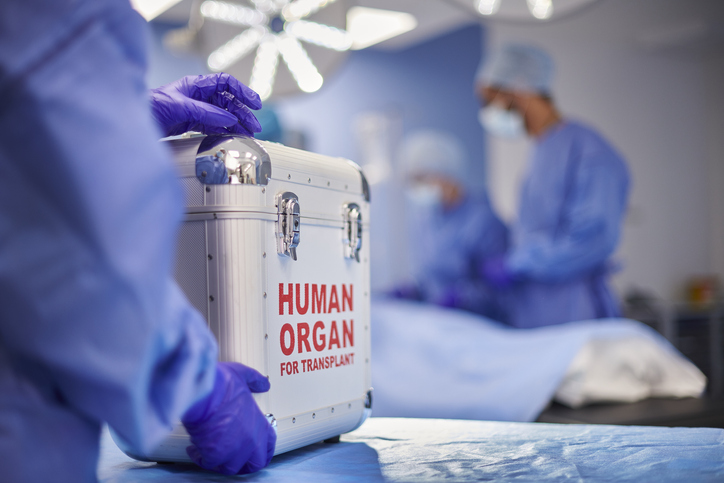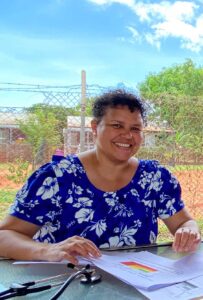
Inequity in kidney health care continues to impact the lives, wellbeing and health outcomes of Aboriginal and Torres Strait Islander people living in Australia says a new paper from Flinders University.
“Recorded rates of kidney failure requiring dialysis or transplantation among Aboriginal and Torres Strait Islander Australians have risen progressively over the past 40 years, remaining consistently higher than rates for non-Indigenous Australians,” say the authors, including Professor Jaquelyne Hughes, a clinical research professor at Flinders University and a consultant nephrologist.
“Aboriginal and Torres Strait Islander people have age-adjusted incidence rates of kidney replacement therapy — dialysis or transplantation — eight to nine times higher than those of non-Indigenous Australians, with the median age of Aboriginal and Torres Strait Islander people who experience kidney failure being nearly 30 years younger than non-Indigenous people.”

In light of this information and community and clinician prioritising, a 23-member National Indigenous Kidney Transplantation Taskforce (NIKTT) was commissioned in 2019. It has worked to improve access to the kidney transplant waiting list for Aboriginal and Torres Strait Islander peoples.
“The taskforce looked within the Australia and New Zealand Dialysis and Transplant Registry (ANZDATA) to learn about presenting a data pathway of clients and clinicians working together through the transplant assessments,” says Professor Stephen McDonald, Chair of NIKTT.
“Taskforce members also said they needed local support to improve the local pathway, and NIKTT supported seven local projects with a one-year equity and access sponsorship.”
The NIKKT was tasked with reporting on the extent of effort to reduce cultural bias in the kidney transplant area. It worked with the Lowitja Institute, which produced a cultural bias report that identified a dearth of publications. This highlights how future health improvements in kidney transplantation should be designed and also publicly reports on cultural bias and the steps taken by the NIKKT to mitigate cultural bias influencing access to transplantation.
It was therefore crucial to establish a national network of Indigenous Reference Groups; this was led by supplement co-author Kelli Owen, the national community engagement coordinator for the NIKTT.
“Although there have been so many efforts to improve kidney health outcomes for Aboriginal and Torres Strait Islander people, there has not been a coordinated approach to consultation on addressing these challenges or improving service delivery,” Ms Owen says.
“The key focus of the Taskforce is embedding our people’s self-determination and authority into designing models of care to improve access to kidney transplantation.
“Before the establishment of the Indigenous Reference Groups, there was very limited input by Aboriginal and Torres Strait Islander consumers into the processes of care in renal units and no input about care in kidney transplant units.”
Health systems across Australia need to be empowered to embrace and work with Indigenous knowledges, the authors write.
“For Aboriginal and Torres Strait Islander peoples living with kidney disease and after transplantation, the health system must embed true partnership, engagement and, most importantly, real change from existing verbal feedback that is backed by evidence,” says Ms Owen.
“The taskforce was a fantastic opportunity for Aboriginal and Torres Strait Islander peoples to create change they needed in health care, with the Indigenous Reference Groups carrying the voice and message of our people back to the taskforce and onwards to Canberra,” Professor Hughes says.
“We look forward to a commitment for continued support of the Taskforce, so that we can be sure that improved kidney health and wellbeing among all our people is seen in real improvements in peoples lives and captured in routine data reporting,” she concludes.
The paper – ‘The National Indigenous Kidney Transplantation Taskforce: changing systems to achieve equitable access to kidney transplantation’ by Jaquelyne T Hughes, Katie Cundale, Kelli J Owen and Stephen P McDonald was published in Medical Journal of Australia. doi: 10.5694/mja2.52107

